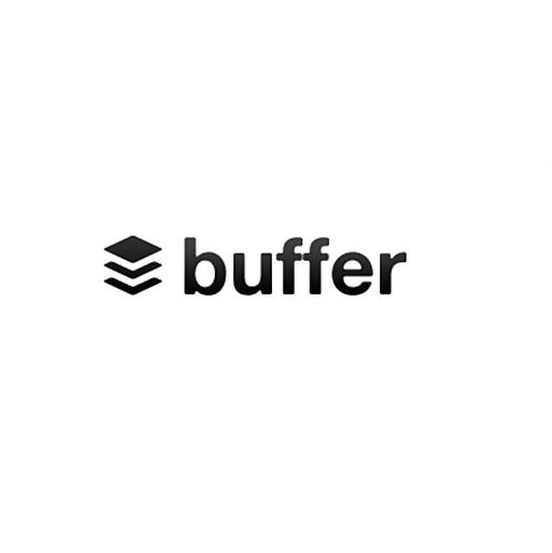Coded Caching is an efficient technique to reduce peak hour network traffic. One limitation of known coded caching schemes is that the demands of all users are revealed to their peers in the delivery phase. Schemes that assure privacy for user demands are studied in recent past. Assuming that the users are equipped with caches of small memory sizes, the achievable rate under demand privacy constraints is investigated in this work. We present an MDS code based demand private coded caching scheme with $K$ users and $N$ files that achieves a memory rate pair $\left(\frac{1}{K(N-1)+1},N\left(1-\frac{1}{K(N-1)+1}\right)\right)$. The presented memory-rate pair meets the lower bound under demand-privacy requirements, proposed by Yan \textit{et al.} in the recent work \cite{c13}. By memory sharing this characterizes the exact rate-memory trade-off for the demand private coded caching scheme for cache memory $M\in \left[0,\frac{1}{K(N-1)+1}\right]$.
翻译:代码化缓存是减少时钟网络流量的有效方法。已知编码化缓存计划的一个限制是,在交付阶段,所有用户的需求都向同行披露。最近对确保用户需求隐私的计划进行了研究。假设用户拥有小记忆大小的缓存设备,在这项工作中将调查需求性隐私限制下可实现的速率。我们展示了由$K$用户和$N美元文件组成的基于MDS的代码化私人编码缓存计划,该计划实现了存储速率一对美元(frac{1}K(N-1+1}),N\left(1\frac{K(N-1)+1}\\right)$。展示的记忆率一对满足了最近工作 \ cite{c13} 中需求性隐私限制下较低的约束要求。通过记忆共享来描述缓存存储量式私人编码化计划$[0\\\\\\\\\\\\\\\\\\\\\\\\\\\\\\\\\\\\\\\\\\\\\\\\\\\\\\\\\\\\\\\\\\\\\\\\\\\\\\\\\\\\\\\\\\\\\\\\\\\\\\\\\\\\\\\\\\\\\\\\\\\\\\\\\\\\\\\\\\\\\\\\\\\\\\\\\\\\\\\\\\\\\\\\\\\\\\\\\\\\\\\\\\\\\\\\\\\\\\\\\\\\\\\\\\\\\\\\\\\\\\\\\\\\\\\\\\\\\\\\\\\\\\\\\\\\\\\\\\\\\\\\\\\\\\\\\\\\\\\\\\\\\\\\\\\\\\\\\\\\\\\\\\\\\\\\\\\




